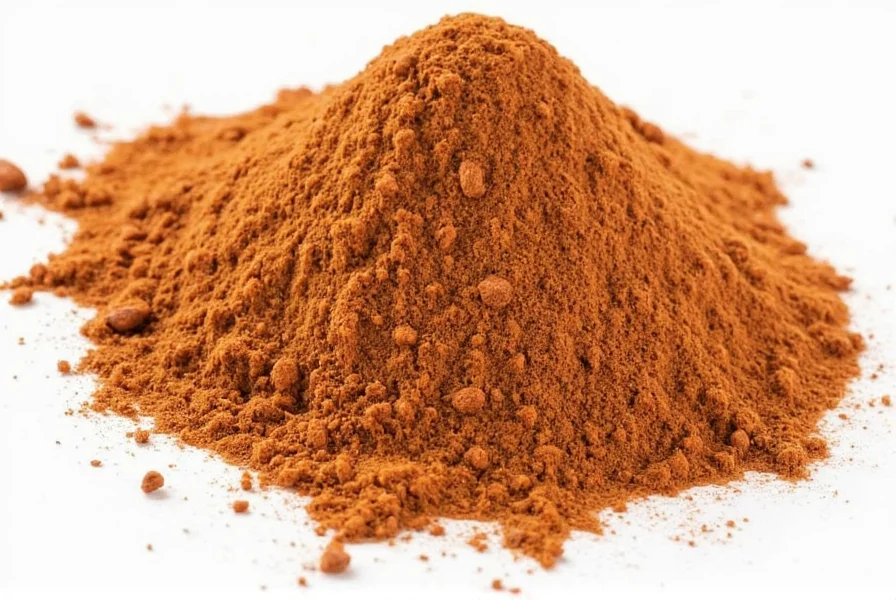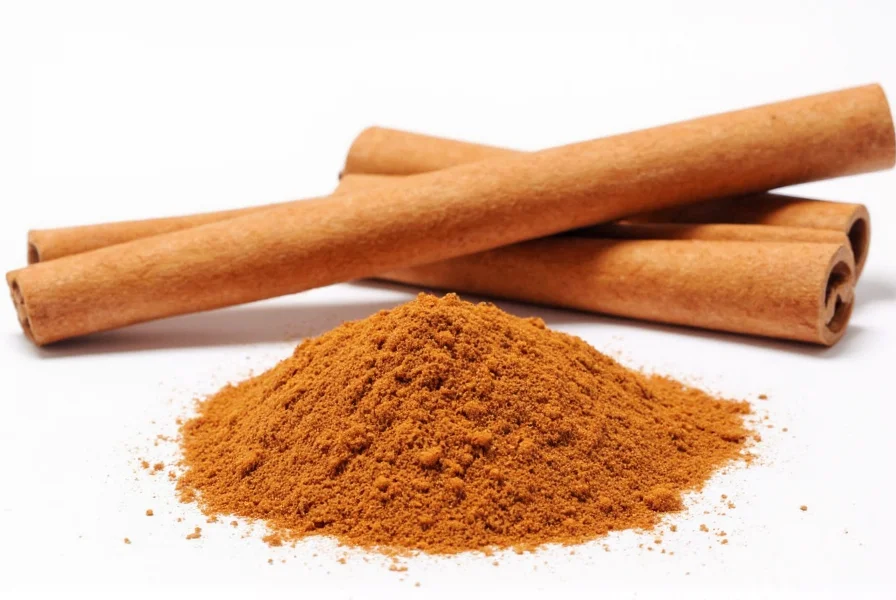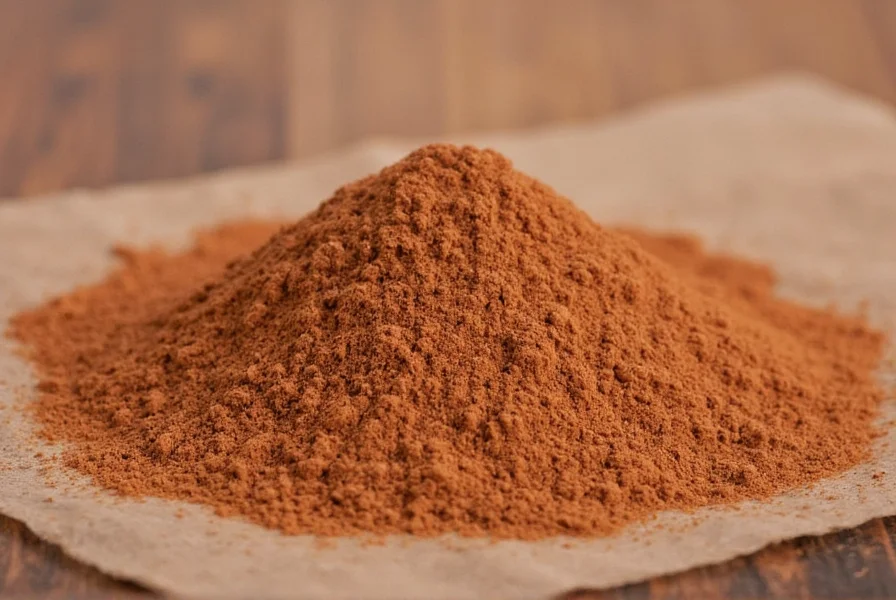Understanding the Cinnamon Spice Challenge Phenomenon
The cinnamon spice challenge emerged as a viral internet trend where participants attempt to consume one tablespoon of ground cinnamon without any liquid within 60 seconds. Despite its seemingly simple premise, this challenge presents significant health hazards that many participants underestimate. Originally gaining popularity through social media platforms around 2009-2010, the challenge has persisted through various online communities despite repeated warnings from medical professionals.
The Science Behind the Difficulty
Swallowing dry cinnamon seems straightforward but presents unique physiological challenges. Cinnamon's fine, powdery texture and hygroscopic nature (ability to absorb moisture) create perfect conditions for respiratory distress. When dry cinnamon contacts the moist tissues of the mouth and throat, it rapidly absorbs moisture, causing the powder to expand and form a thick, pasty substance that's extremely difficult to swallow.
Compounding this issue is cinnamon's main compound, cinnamaldehyde, which irritates mucous membranes. This irritation triggers coughing reflexes while simultaneously making swallowing more difficult. The combination creates what medical professionals call a "perfect storm" for aspiration and respiratory complications.
Documented Health Risks of the Cinnamon Challenge
Medical literature contains numerous cases of serious health consequences from attempting the cinnamon spice challenge. The American Association of Poison Control Centers reported hundreds of incidents annually at the peak of the challenge's popularity. These incidents weren't merely uncomfortable experiences but genuine medical emergencies requiring professional intervention.
| Health Effect | Frequency | Duration | Potential Long-Term Impact |
|---|---|---|---|
| Acute respiratory distress | Very common (75%+ of cases) | Minutes to hours | Possible chronic breathing issues |
| Throat irritation and burns | Common (60%+ of cases) | Days to weeks | Temporary voice changes |
| Lung inflammation (aspiration pneumonitis) | Significant (25%+ of cases) | Weeks to months | Potential permanent lung damage |
| Emergency room visits | Reported in 10-15% of attempts | N/A | Medical intervention required |
Why the Cinnamon Challenge Is More Dangerous Than People Think
Many participants mistakenly believe the cinnamon spice challenge is harmless because cinnamon is a common food ingredient. However, the form and method of consumption create entirely different risk profiles. When cinnamon powder enters the lungs (aspiration), it triggers what physicians call "foreign body granulomatous reaction" - the body treats the cinnamon particles as foreign invaders, causing inflammation that can lead to permanent scarring of lung tissue.
Dr. Steven Stovitz, a family medicine physician at UCLA, explains: "Cinnamon contains cellulose, a fibrous material that the body cannot break down. When inhaled, these fibers can become permanently embedded in lung tissue, potentially causing chronic respiratory problems similar to 'popcorn lung' experienced by some microwave popcorn factory workers."

Documented Cases and Medical Evidence
A 2013 study published in the Journal of Pediatrics documented multiple cases of cinnamon challenge-related injuries, including a 14-year-old who developed acute respiratory failure requiring hospitalization after attempting the challenge. Another case involved a college student who experienced severe coughing fits, chest pain, and required bronchodilator treatment for reactive airway dysfunction.
The American Lung Association has issued specific warnings about the cinnamon spice challenge, noting that even small amounts of inhaled cinnamon can cause "chemical pneumonitis" - a serious lung inflammation that may require medical treatment. Unlike food allergies which affect only susceptible individuals, these risks apply to anyone attempting the challenge.
Why People Continue Attempting This Dangerous Challenge
Despite clear medical warnings, the cinnamon spice challenge persists due to several psychological and social factors:
- Social media validation - Participants seek likes, shares, and comments
- Underestimation of risk - Belief that "it won't happen to me"
- Peer pressure - Especially among teenagers and young adults
- Short-term thinking - Focus on immediate social rewards over potential consequences
- Normalization through repetition - Seeing others attempt it without apparent harm
Safer Alternatives for Food Challenges
For those interested in food challenges without the dangerous health risks, consider these safer alternatives:
- Cinnamon taste tests with properly prepared cinnamon rolls or baked goods
- Spice level challenges using hot sauces with appropriate safety precautions
- Blindfolded food identification games
- Cooking challenges with measured ingredients and proper technique
These alternatives provide entertainment value while minimizing serious health risks associated with the cinnamon spice challenge dangers. Remember that food challenges become problematic when they prioritize social media performance over basic safety considerations.

Final Recommendation from Medical Professionals
Based on extensive medical evidence, healthcare providers universally recommend avoiding the cinnamon spice challenge entirely. The potential consequences far outweigh any temporary social media recognition. If you've already attempted the challenge and experience persistent coughing, chest pain, or breathing difficulties, seek medical attention immediately.
Parents and educators should discuss the cinnamon challenge health risks with young people using factual information rather than scare tactics. Understanding why is cinnamon challenge bad from a physiological perspective helps create more effective prevention than simply saying "don't do it."
Frequently Asked Questions
Can the cinnamon spice challenge cause permanent lung damage?
Yes, the cinnamon spice challenge can potentially cause permanent lung damage. When cinnamon powder is inhaled, the cellulose fibers can become embedded in lung tissue, leading to chronic inflammation and scarring. Medical literature documents cases of long-term respiratory issues following cinnamon challenge attempts, including conditions similar to bronchiolitis obliterans (sometimes called "popcorn lung").
How quickly do symptoms appear after attempting the cinnamon challenge?
Symptoms typically appear immediately or within minutes of attempting the cinnamon spice challenge. Common immediate reactions include intense coughing, gagging, burning sensation in the mouth and throat, and difficulty breathing. More severe respiratory symptoms may develop within hours as inflammation increases in the airways and lung tissue.
Why is swallowing dry cinnamon more dangerous than eating it in food?
Swallowing dry cinnamon is dangerous because its fine powder form easily becomes airborne and can be inhaled into the lungs. When cinnamon is properly incorporated into food with moisture, it doesn't present the same aspiration risk. The hygroscopic nature of dry cinnamon causes it to absorb moisture from mucous membranes, creating a thick paste that's difficult to swallow and increasing the risk of inhalation.
Are there any documented fatalities from the cinnamon spice challenge?
While there are no widely documented fatalities directly attributed to a single cinnamon spice challenge attempt, medical professionals warn that the challenge poses serious risks that could be fatal in vulnerable individuals or when combined with pre-existing respiratory conditions. The American Association of Poison Control Centers has documented numerous cases requiring emergency medical intervention, and the potential for fatal aspiration exists with any challenge that compromises breathing ability.
What should I do if someone chokes while attempting the cinnamon challenge?
If someone chokes during the cinnamon challenge, encourage coughing to clear the airway. If coughing doesn't help and the person shows signs of severe respiratory distress (inability to speak, blue lips, loss of consciousness), call emergency services immediately and begin CPR if trained. Do not give water or attempt to induce vomiting, as this could worsen aspiration. Medical evaluation is recommended even if symptoms seem to resolve, as delayed lung inflammation can occur.











 浙公网安备
33010002000092号
浙公网安备
33010002000092号 浙B2-20120091-4
浙B2-20120091-4